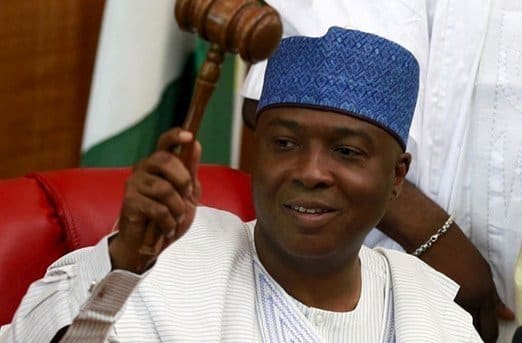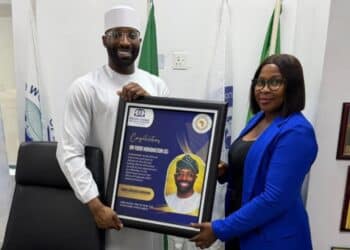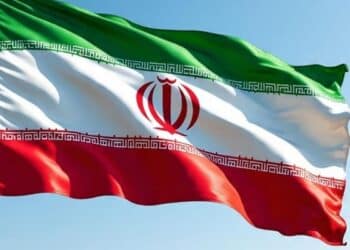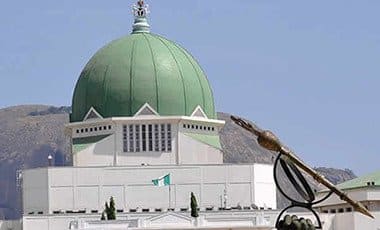SENATE President, Dr Bukola Saraki, has asked the Economic and Financial Crimes Commission (EFCC) to disclose owners and those linked to the recovered fund stashed in a building in Ikoyi, Lagos State.
This came as Saraki said the development was bad for Nigeria’s image, adding that if the EFCC did not resolve the matter immediately, it might come before the House of Representatives or the Senate.
Saraki, who stated this in an interview he granted to Arise Television late Monday night, said the controversy was needless and should not even have arisen at all.
“I don’t think I should speculate or join the conversation on who the money belongs to. I know it is the responsibility of the EFCC to reveal who the money belongs to.
“This is very simple. The agency that recovered the money should reveal who the money belongs to.
“It is not good for the image of this country. It is not good for its image if it is not what it claims to be. We have heard different views, whether it is an individual, company, state government or an agency. I think this circus must end.
“They owe it to Nigerians to tell us who the money belongs to. I am of the view that the fight against corruption is institutional and we must reduce this sensationalism.
“This matter should not have happened in the first place. If they don’t resolve it, we might invite them, but I am saying it should not have arisen at all.
“They (EFCC) must save Nigeria of this embarrassment and if they don’t put it to rest, they might come before the House of Representatives or the Senate,” he said.
Saraki also spoke about a wide range of issues concerning the relationship between the executive and the legislature, saying that the two arms of government were not at war.
According to him, the nature of presidential system of government which Nigeria practices gives room for checks and balances, adding that the Senate had always responded positively to presidential nominations.
He said one or two instances should not be used to judge the relationship between the Senate or the National Assembly and the executive, adding that 90 per cent of the presidential nominees were passed.
He also said the committee on executive/legislature face–off set up by the Presidency was yet to communicate the Senate after it was announced.
According to him, the executive might have changed its mind on the committee, adding that the committee was not set up because of the rejection of Ibrahim Magu as chairman of the EFCC.









